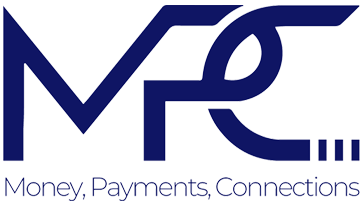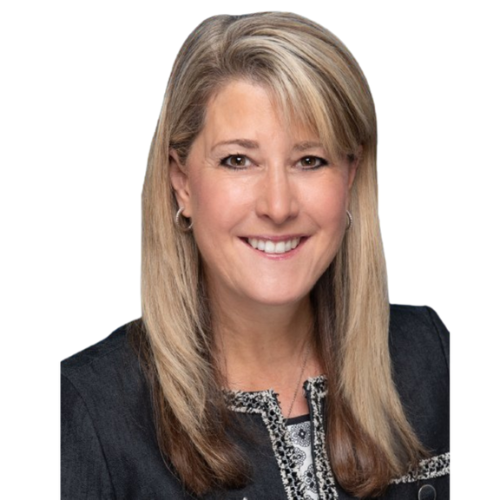Backstage with Galileo’s Trish Cox
- Please state your name, title, company and the email address to provide to prospective partners and customers interested in receiving more information.
Trish Cox, Head of Operations, Galileo Financial Technologies.
- How is your company different than other brands in your space?
Galileo offers a cloud-based, end-to-end, fully integrated financial technology platform that we believe is unrivaled in the industry. That platform enables our partners–including FIs, fintechs and non-financial brands–to create differentiated financial solutions that deliver exceptional experiences to their customers and drive growth and profitability at speed and scale.
Along with our platform, our decades of industry experience is the other key component of what makes us different. Since Galileo’s founding in 2000, we’ve developed a tested playbook for how to bring our partners’ visions to life and help them achieve their business goals. In those more than 20 years, we’ve built up a proven track record of success that we fully intend to continue to build upon as the industry continues to evolve.
- How would you describe your value proposition to prospective customers and channel partners?
We give our partners the API-based tools and capabilities they need to create human-centric, timely financial solutions that meet the needs of modern-day customers–anytime and anywhere. These solutions empower our clients to delight their customers, reduce cost, minimize risk and future-proof their business growth. From “above the glass” customer interactions with novel financial products, services and solutions, to the “below the glass” innovation that powers those interactions, Galileo enables our partners to deliver amazing experiences and reinvents how people connect with their money. We have a strong track record of enabling emerging and established businesses to innovate, scale and prosper with a proven platform that’s secure and compliant from the ground up.
- What recent challenges have your company’s leadership faced and how did you overcome them?
One of my proudest achievements at Galileo has been developing and implementing our Voice of the Customer program, which collects, analyzes and responds to client feedback in order to glean insights into customer pain points and help us develop strategies to solve those issues.
While client communication has always been of utmost importance to Galileo, we didn’t have a formal way to collect, analyze and react to client feedback, so establishing this initiative was among my first priorities when I came on board a couple of years ago.
Since implementing the program, Galileo’s Net Promoter Score has improved by over 50 points and response rates have tripled. By continually understanding customer pain points, we’re able to develop strategies to solve those issues, helping grow transparency, collaboration and satisfaction in our client relationships, all of which are key to building and growing our partnerships.
- What recent milestone have you achieved and why is it significant?
As of Q3 2022, Galileo supports just about 125 million total end-user accounts across all of our partners–a 40 percent increase year-over-year. That growth was the result of both new clients we’ve signed up and customer growth from our existing client base.
Those results demonstrate the demand for the types of modern, innovative financial services experiences we’re helping our clients deliver, and they’re tremendously rewarding for us to see. Ultimately, it’s all about how many end-users we’re reaching and helping improve their financial lives that determines how well we and our partners are accomplishing our goals, so it’s great to see that number increasing so strongly.
Beyond the overall end-user growth, we’ve also made significant progress in growing our partnerships in the B2B segment and outside the U.S.–both of which are areas in which we’re really focusing on enhancing our presence.
- What near-term opportunities will 2023 present to you and your team?
One of the key opportunities we’re focusing on in 2023 is Buy Now Pay Later. We just launched a BNPL solution that works differently from the first generation of services out there in that it’s offered by a bank or in partnership with a bank sponsor, which has a much more holistic view of a customer’s financial health and ability to repay. Non-bank BNPL providers offer the service based on very limited customer data, putting both the provider and the consumer at higher risk. Our model is a way for banks and fintechs to easily get into this extremely high-growth BNPL market in a way that mitigates risk for all parties.
Another ripe opportunity in near-term is the growth of embedded finance applications in the B2B space. While embedded finance has gained a significant foothold in consumer use-cases, the B2B secret has lagged behind a bit. We think that’s ready to change, given the utility of and demand for payments and other financial applications that can be embedded into the non-financial systems that companies use on a regular basis to manage their business.
- What’s a key trend for your industry in 2023, and why do you think it’s important?
One of the biggest specific needs in financial services currently is the need to mitigate payments fraud risk, which is projected to rise 20% from 2021 to $38.5 billion globally by 2027, but in a way that doesn’t introduce too much friction into the process. Striking that balance between security and convenience is extremely difficult–especially as fraudsters’ tactics get more and more sophisticated on one hand, while at the same time consumer expectations are for ever-more seamless and frictionless financial experiences.
Data-driven insights and artificial intelligence are the most promising tools to solve this conundrum, and we’ve made significant progress this year in enabling clients to leverage those tools in their fight against fraud. In September, we partnered with DataVisor, a market leader in fraud and risk management, to offer robust fraud management solutions that help clients mitigate risk without sacrificing convenience. It does that by using machine learning technology to identify fraud patterns and proactively reduce fraud losses, and it can be tailored to align with a particular business’s needs, risk tolerance and customer preferences to ensure the optimal balance of security and convenience.







